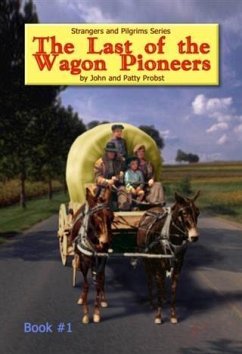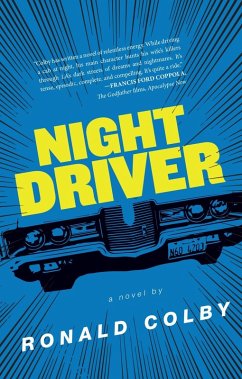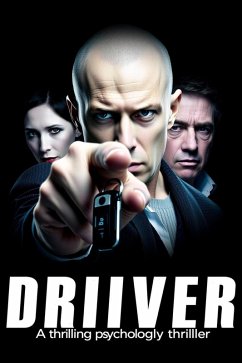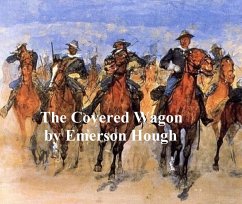
Second Wagon Driver (eBook, ePUB)
A Novel of the Vietnam War

PAYBACK Punkte
5 °P sammeln!
Synopsis THE SECOND WAGON DRIVER by Darcy Vernier The Second Wagon Driver is the story of a Marine CH-46 helicopter pilot in Vietnam. It has plenty of the action expected in a Vietnam story, but it is also a coming-of-age novel whereby the protagonist learns about himself and the world in a very tense time and in a very dangerous occupation. The novel is a continuum of twenty-three stand-alone chapters which detail a one-year tour with the Marine Corps in the Republic of South Vietnam. The start of Chapter One reads: He was the very picture of salty, with the starched USMC cover pulled low ove...
Synopsis THE SECOND WAGON DRIVER by Darcy Vernier The Second Wagon Driver is the story of a Marine CH-46 helicopter pilot in Vietnam. It has plenty of the action expected in a Vietnam story, but it is also a coming-of-age novel whereby the protagonist learns about himself and the world in a very tense time and in a very dangerous occupation. The novel is a continuum of twenty-three stand-alone chapters which detail a one-year tour with the Marine Corps in the Republic of South Vietnam. The start of Chapter One reads: He was the very picture of salty, with the starched USMC cover pulled low over his eyes, the faded camouflage utilities, the worn but clean jungle boots, his silver 1/Lt bars and gold wings the only bright contrast to the faded green and brown of the uniform. He was fully aware of his look of combat competence, the look of someone who had been everywhere and done it all, the old hand, the tough, wily veteran. He was completely full of shit. The start of Chapter Twenty-Three, the last chapter, reads: He was the very picture of salty, with the starched USMC cover pulled low over his eyes, the faded camouflage utilities, the worn but clean jungle boots, his silver 1/Lt bars and gold wings the only bright contrast to the faded green and brown of the uniform. He was fully aware of his look of combat competence, the look of someone who had been everywhere and done it all, the old hand, the tough, wily veteran. He was every bit of that. The intervening chapters trace the transition of 1/Lt David Crichton and the running battle he fights with fears of cowardice contrasted with acts of courage. He is an excellent pilot, but probably not the ideal Marine. At various times he flouts the regulations, the occasional direct order, and shows a massive amount of disrespect to senior officers or anyone else who doesn't seem to share his view of the war, and the world at large. He seems to have no fear, which is not about having courage. It simply never occurs to him that he could be hurt. He goes through some harrowing times: capturing a Russian helicopter flown by a Chinese pilot, picking up a recon team in direct violation of his commanding officer's orders, and spending three days in the bush. After being caught in a zone by mortar and machine-gun fire, he wakes up alone, on the ground, still strapped to his seat but with no aircraft and none of his crew around. He sets out to try to walk to find the "friendlies" but is captured by an NVA patrol. He kills two soldiers and is horrified by the ease with which he was able to do it. Finally, he is picked up and taken back to his base. In the end, Dave is on his way home, in the "Freedom Bird" headed back to the World, when a Viet Cong fires at his airliner, out of frustration as much as evil intent. One round passes through the belly of the aircraft, through Dave's seat, and into his body, finishing its journey in his heart, killing him instantly. In the epilogue is the comment, "...Vietnam was ours. It shot us in the ass and broke our hearts..." Most of this book was written in the early 1970s, but it took forty years for the author to read it comfortably enough to work with it.
Dieser Download kann aus rechtlichen Gründen nur mit Rechnungsadresse in A, B, BG, CY, CZ, D, DK, EW, E, FIN, F, GR, HR, H, IRL, I, LT, L, LR, M, NL, PL, P, R, S, SLO, SK ausgeliefert werden.











